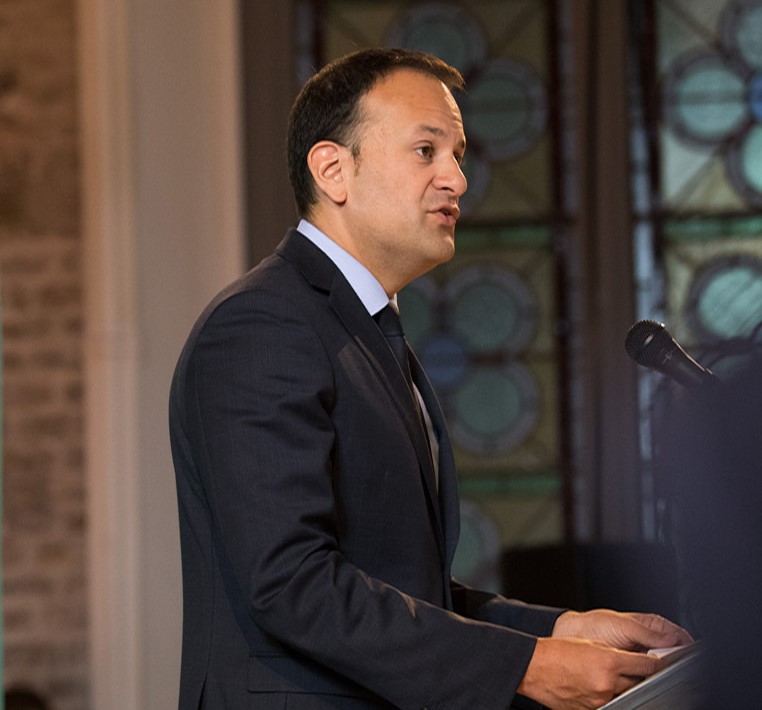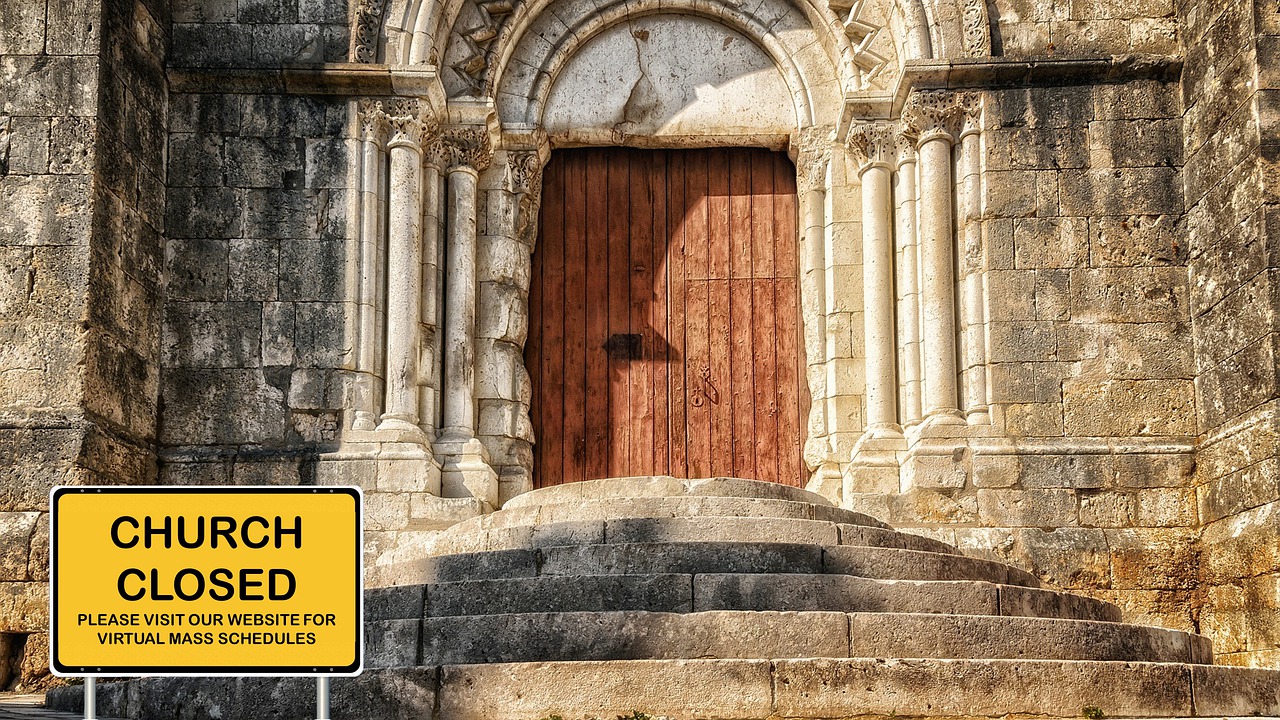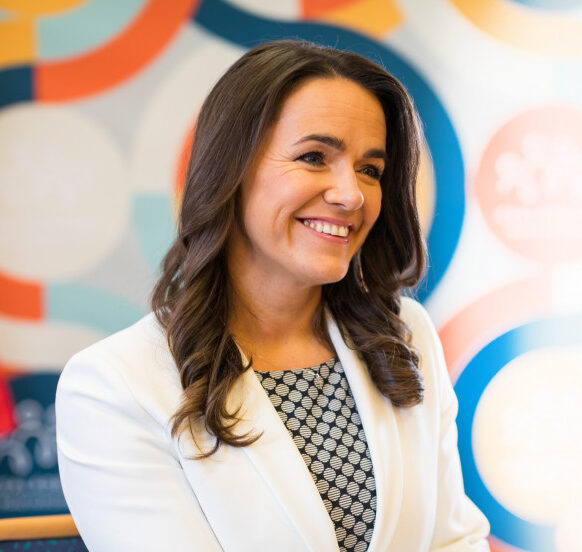There is an apparent unwillingness by Irish authorities to comment on the use of puberty-blockers, an experimental treatment administered to children suffering from gender dysphoria.
When The Irish Times separately asked the Department of Health, the HSE, and Children’s Health Ireland (CHI) if they intended to review the delivery of puberty blockers to children, each responded by referring the question somewhere else.
“This query is operational in nature and best directed to the HSE and to Children’s Health Ireland,” said the department.
“This query is best directed to Children’s Health Ireland,” said a spokeswoman for the HSE.
“As the HSE are commissioners of this service is it more appropriate that you contact them with you request for a comment,” said CHI.
CHI runs the Children’s Hospital in Crumlin, where children and young people with gender dysphoria are treated, with some being prescribed puberty blockers. It is indemnified by the State for the delivery of the drugs.
The query follows major changes in the UK after the High Court ruled minors are not in a position to give consent to the treatment and a significant report from the health service on their lack of effectiveness.
The study found that the quality of evidence in support of the treatment was “very low”.
On one of the critical outcomes – whether the treatment led to improvement in the quality of life – the report said “no evidence was identified”.



















